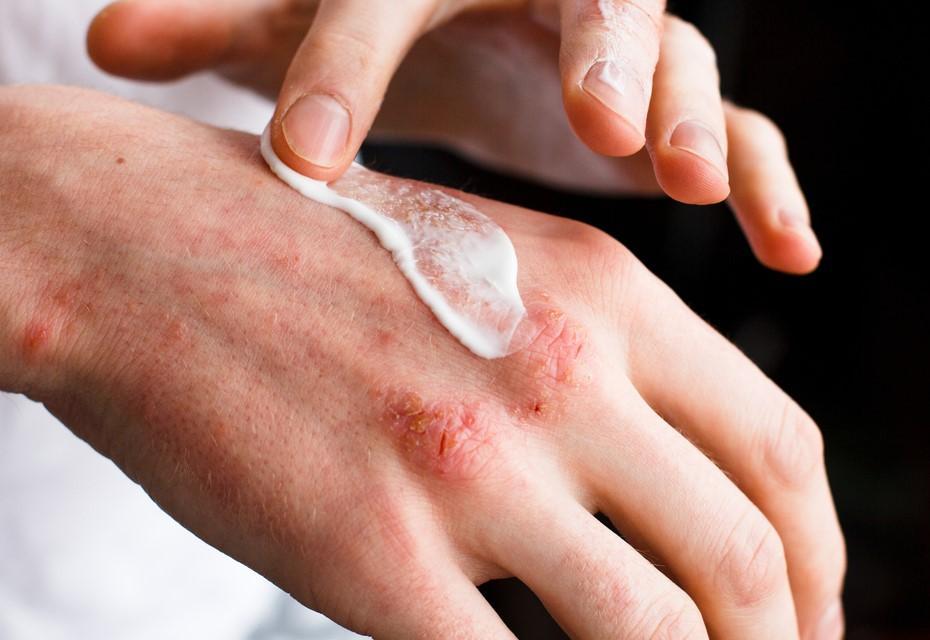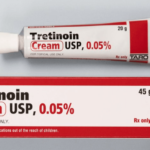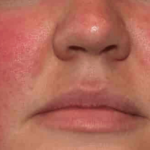Why do topical steroids require frequent follow ups with my dermatologist?
Topical steroids are commonly prescribed medications in dermatology for a variety of skin conditions, including eczema, psoriasis, and contact dermatitis.
While these medications can be highly effective in managing symptoms, they also carry potential risks, especially when used long-term or inappropriately.
For this reason, dermatology patients using topical steroids need more frequent follow-up visits to ensure proper use and monitor for side effects.
First, it is important to understand how topical steroids work. These medications work by reducing inflammation and suppressing the immune system in the skin. While this can provide relief from itching, redness, and other symptoms, it also means that the skin is less able to fight off infections or heal itself and additionally, long-term use of topical steroids can cause thinning of the skin, stretch marks, and other skin changes.
To minimize the risks associated with topical steroid use, dermatologists typically prescribe the lowest strength and shortest duration of treatment necessary to control symptoms. However, even when used appropriately, topical steroids can cause side effects or lose effectiveness over time. This is why it is important for dermatology patients to have regular follow-up visits with their dermatologist.
During these follow-up visits, the dermatologist can assess the patient’s response to treatment, monitor for any signs of side effects, and adjust the treatment plan as needed. If a patient is not responding well to topical steroids, their dermatologist may need to explore other treatment options or consider whether an underlying condition is contributing to their symptoms.
Additionally, frequent follow-up visits can help ensure that patients are using topical steroids correctly. Patients may be instructed to apply the medication to specific areas of the body or for a certain duration of time, and failure to follow these instructions can increase the risk of side effects. Regular check-ins with the dermatologist can help ensure that patients are using the medication as directed and can troubleshoot any issues that arise.
In conclusion, dermatology patients using topical steroids need more frequent follow-up visits to ensure proper use and monitor for side effects and while these medications can be highly effective in managing symptoms, they also carry potential risks, especially when used long-term or inappropriately. By working closely with their dermatologist, patients can minimize these risks and achieve optimal outcomes for their skin condition.
If you would like to learn how Topical Steroids can help with your skin condition and how our practice uses this medication properly, then Dr. Dupati and the staff at Apollo Dermatology will be happy to discuss all of this with you.
Schedule a consultation today or call us at 248-436-4888 to to make an appointment.
Apollo Dermatology – Board Certified Dermatologist Office serving Auburn Hills, Lake Orion, Rochester Hills, Troy MI, and all of Southeast Michigan
OFFICE HOURS
Monday:
9 AM – 4:30 PM
Tuesday:
9 AM – 4:30 PM
Wednesday:
9 AM – 4:30 PM
Thursday:
9 AM – 4:30 PM
Friday, Saturday & Sunday:
Closed
ADDRESS:
Apollo Dermatology, Board Certifified Dermatologist in Rochester Hills
555 Barclay Circle
Suite 170
Rochester Hills, Michigan
48307
DIRECTIONS:
Apollo Dermatology – Board Certified Dermatologist Office serving Auburn Hills, Lake Orion, Rochester Hills, Troy MI, and all of Southeast Michigan

















